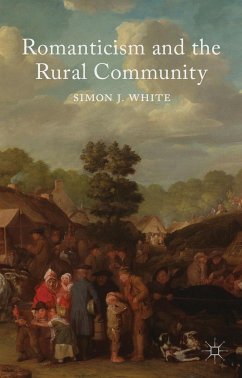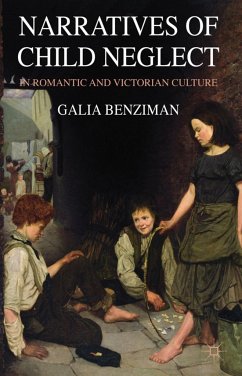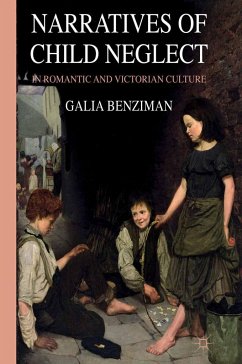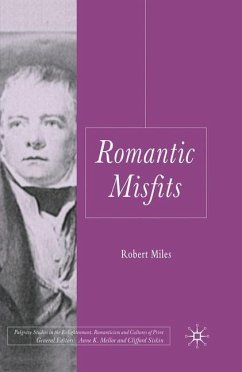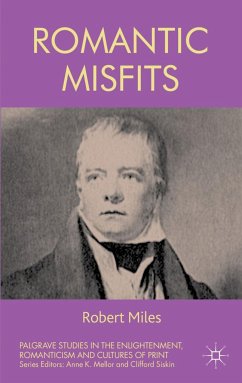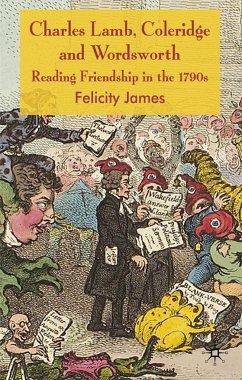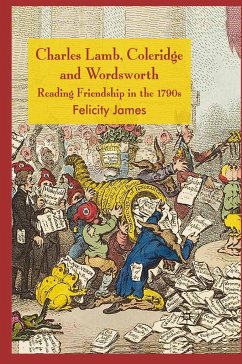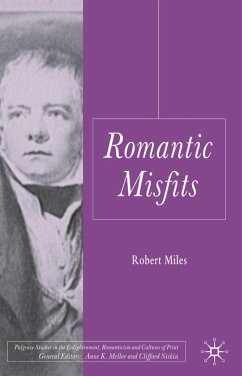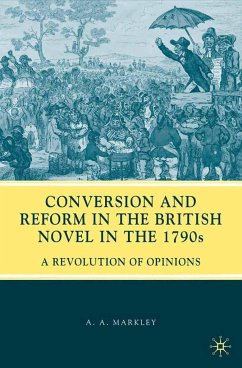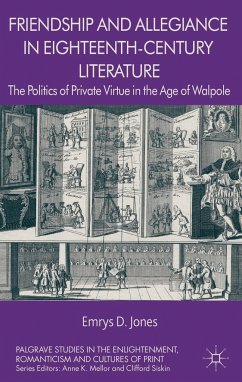
Romanticism and the Rural Community
Versandkostenfrei!
Versandfertig in 6-10 Tagen
38,99 €
inkl. MwSt.
Weitere Ausgaben:

PAYBACK Punkte
19 °P sammeln!
The proper organisation of rural communities was central to political and social debates at the turn of the eighteenth century, and featured strongly in the 1790s political polemic that influenced so many Romantic poets and novelists. This book investigates the representation of the rural village and country town in a range of Romantic texts.





